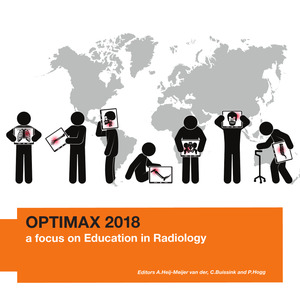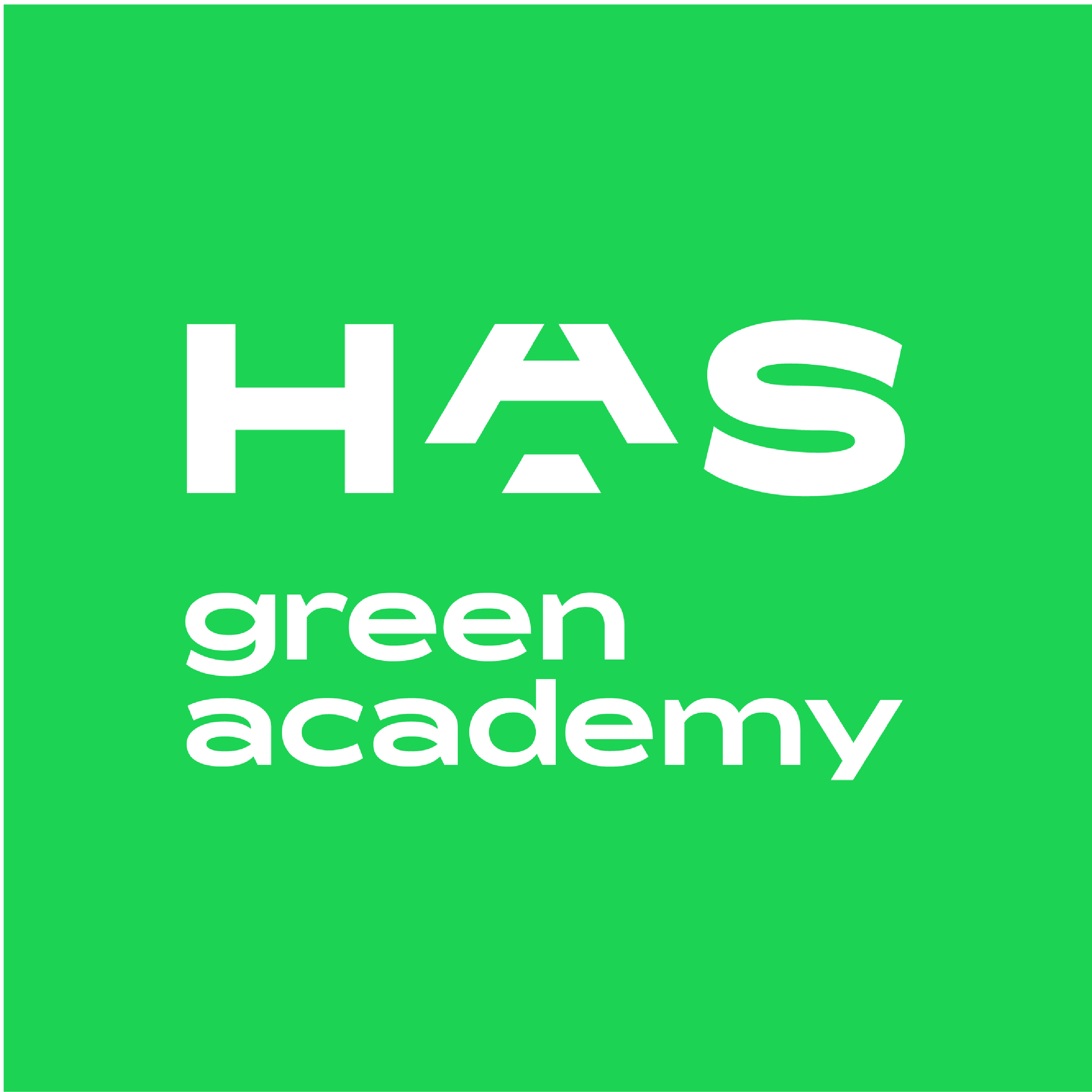In May 2011, Dutch students from the honors program in geosciences of Utrecht University, led by Professor Marca Wolfensberger, engaged in an experimental-learning project in Paris, France, with a group of American students from the honors program of Columbia College, South Carolina, led by Professors Christine Hait, Corinne Mann, and John Zubizarreta. Literally and figuratively, the city of Paris served as a salon for the project: a place where rational discussion, cross-cultural dialog, collaborative learning, and culminating critical reflection about the uniqueness and value of the learning process itself were stimulated by the informal setting of a vibrant international city that provided the context for the two groups of students to explore the topics of expatriate artist culture and film history in Paris, especially during the late nineteenth and early twentieth centuries.
DOCUMENT

Websites placing cookies on your computer to track your browsing behavior. TikTok stores your personal data in China. Are you aware of what products, services, and organisations do with your personal data? It is often not obvious. Our digital lives are becoming more and more prominent. We are now meeting each other virtually for work and leisure, and are spotted and traced without our knowledge, both in physical places (public areas and streets) and in virtual spaces. Technology is developing rapidly and policy makers are not able to keep up, resulting in unknown threats for citizens in modern society. Moreover, technology can lead to inequality and exclusion, as demonstrated in the Dutch childcare benefits scandal. The aim of the Inholland Digital Rights Research Team, co-founded by Professors Wina Smeenk, Ander de Keijzer and Ben Wagner, is to focus their work on the social, economic, cultural, communication, design and technological elements that can lead to a digitally responsible society. This means that we want to be part of the debate and research on how technology in our digital age can contribute to the quality of peoples’ lives: how can people benefit from the digital society and how are they hindered, or even worse, excluded from partaking in our digital society. We do this in our research lines, as well as in the sustainable media lab courses and the data-driven minor.
DOCUMENT

This year, OPTIMAX was warmly welcomed by University College Dublin. For the sixth time students and teachers from Europe, South Africa, South America and Canada have come together enthusiastically to do research in the Radiography domain. As in previous years, there were several research groups consisting of PhD-, MSc- and BSc students and tutors from the OPTIMAX partner Universities or on invitation by partner Universities. OPTIMAX 2018 was partly funded by the partner Universities and partly by the participants.
DOCUMENT

Lectoraat, onderdeel van HAS green academy
